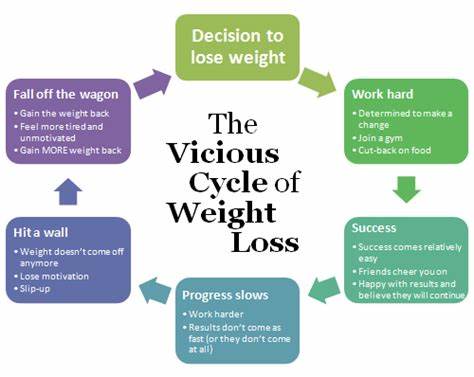The five weight loss drugs approved by the US FDA are all related to obesity or overweight people who lose 5% of their body weight within 1 year, but Qsymia (a sustained-release agent containing phentermine and topiramate) and liraglutide are the most effective. Related research was published in JAMA on June 14. (JAMA 2016 Jun 14)
Five weight-loss drugs approved for obese (BMI≥30 kg/m2) or overweight (BMI≥27 kg/m2) people with at least one weight-related comorbidity (type 2 diabetes, hypertension, hyperlipidemia), including Liraglutide (trade name Victoza), lorcaserin (trade name Belviq), naltrexone-bupropion (trade name Contrave) and phentermine-topiramate (phentermine-topiramate, Trade name Qsymia) and orlistat (trade name Xenical).
Rohan Khera and colleagues from Carver University School of Medicine, University of Iowa, USA, and 29,028 participants in 28 randomized clinical trials (mean age, 46 years old; 74% were women; mean baseline weight, 100.5 kg; mean baseline BMI, 36.1) was analyzed. In the placebo group, 23% of participants lost 5% of their weight.

The efficacy of each drug (compared to placebo)
Click to find all FDA approved weight loss medicines around the world.
But Siddharth Singh from the University of California School of Medicine said that when doctors prescribe weight loss drugs, they should also consider the shortcomings of the drugs while considering the amount of weight loss.
For example, liraglutide has a hypoglycemic effect and can be used for the treatment of type 2 diabetes, so it is the best choice for diabetic patients. However, liraglutide is administered by subcutaneous injection for weight loss, which may prompt some patients to choose other weight loss drugs; naltrexone-bupropion (Contrave) may be associated with neuropsychiatric problems, such as a potential increase in suicide risk. For some patients (especially alcohol or drug dependent people) should be carefully selected.
How to choose?
Weight loss effects, differences between medications, and costs all need to be considered.
For example, although Orlistat costs less than other medicines, it has the worst weight loss effect. Orlis is an over-the-counter medicine (Alli) and was initially prescribed medicine (Xenical).
The main evaluation outcome was a 5% weight loss, but the researchers also evaluated a one-year weight loss of 10%.
The estimated percentage rankings of various drug participants who lost 10% of their body weight over a year were: phentermine topiramate, 54%; liraglutide, 34%; naltrexone-bupropion, 30%; lorcase Lin, 25%; Oslide, 20%.

Adverse events compared to placebo
Phentermine topiramate is more likely to cause patients to lose 5% and 10% of body weight than other drugs. Phentermine topiramate, liraglutide, and naltrexone-bupropion had no significant difference in discontinuation due to adverse events.
Compared with placebo, the OR of the five diet pills discontinued due to adverse events ranged from 1.3 to 2.95. Compared with placebo, lorcaserin has the lowest withdrawal rate (OR, 1.34). Liraglutide and naltrexone-bupropion had the highest withdrawal rates, 2.95 and 2.64, respectively.
The limitation of the study is only to compare the difference between the drug and the control group. Because 4 of the 5 drugs have been approved by the FDA for weight loss in the past 3 years, there is a lack of direct comparative trials between drugs.
